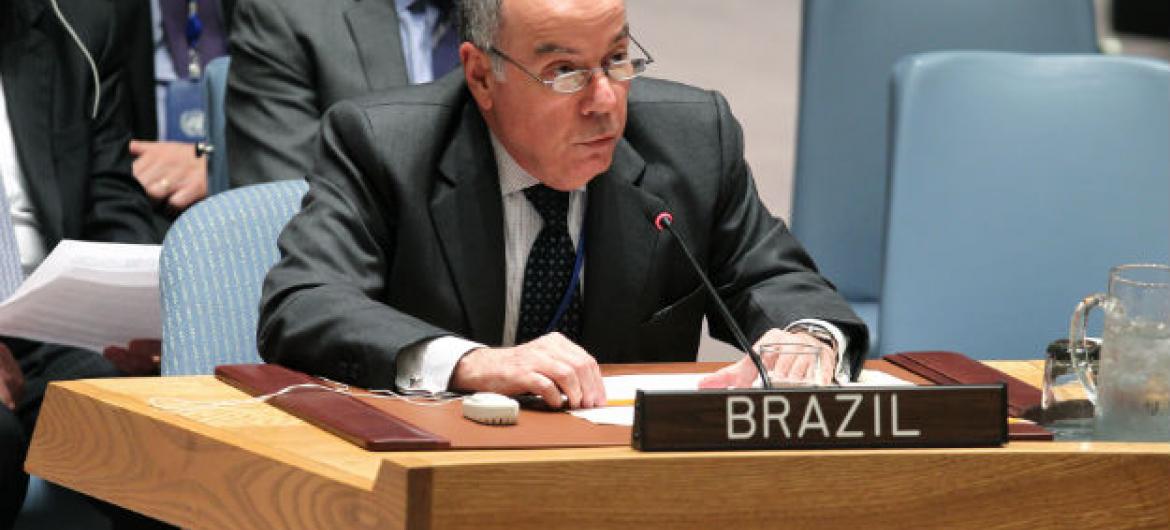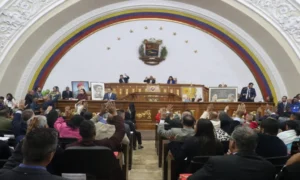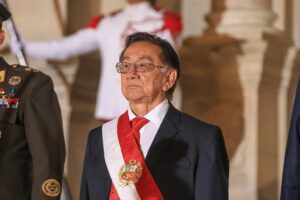
Published 09/14/2023 17:31 | Edited 09/18/2023 15:48
The Lula government’s Foreign Minister, Mauro Vieira, defended the entry of six countries into the BRICS, announced at the beginning of the month, during the group’s summit, in the South African city of Johannesburg. Previously composed of Brazil, Russia, India, China and South Africa, the bloc of emerging countries now also includes Saudi Arabia, Argentina, Egypt, United Arab Emirates, Ethiopia and Iran.
According to the chancellor, the expansion shows the growing strength of the BRICS. “Today, 15 years after its creation, the bloc is much more relevant, and this expanded political capital will continue to grow and yield political dividends for all members,” stated Vieira, in an article in Folha de S.Paulo, published this Thursday (14). “The interest of 23 countries in joining space is an eloquent example of its success, added to tangible achievements such as the creation of the NDB (New Development Bank), the so-called ‘BRICS bank’.”
For Vieira, the assumption that President Lula was opposed to the extension of the bloc is false. “It would not be coherent for Brazil, which advocates the reform of global governance and the expansion of the participation of developing countries in decision-making bodies, such as the UN Security Council, to block access to the group”, notes the minister.
In his view, the country’s position reflects Itamaraty’s strengths in the history of international relations. “Brazil and its diplomacy have always known how to navigate moments of fracture, such as in the two world wars and also in the Cold War, without automatic alignments or exclusive alliances — and it will be no different if similar scenarios are repeated in the future. To achieve this, we do not lack experience, access to all interlocutors, clarity about the national interest and strategic vision.”
Without citing Lula’s campaign for the de-dollarization of the world economy – but rather the “opening of the technical debate on the use of local currencies” – Vieira highlighted another point common to the Bric members: the defense of “a fairer international system and that prioritizes development for all.” One of the group’s demands, initially proposed by Brazil, is the expansion of the UN Security Council (United Nations). Since its establishment in the 1940s, the council has been restricted to five countries as permanent members.
“The Brics does not have a single owner, and the negotiations in Johannesburg clearly demonstrated this reality,” he stated. “Based on the preparatory process of recent months, the Brazilian delegation insisted on the need for criteria and commitments to be assumed by the new members, given the need to reform the United Nations and its Security Council. Anyone who has taken the trouble to read the declaration from the Johannesburg summit and compare it to declarations from previous meetings has been able to see an important evolution in the bloc’s position.”
These points, concludes Vieira, reveal the crystallized consensus among the members (old and recent) of the BRICS. According to the chancellor, the “results” of the summit “fully met Brazil’s objectives”. In case of “future problems”, these will be “treated with the same pragmatism and independence that characterize Brazilian foreign policy”.
Source: vermelho.org.br

